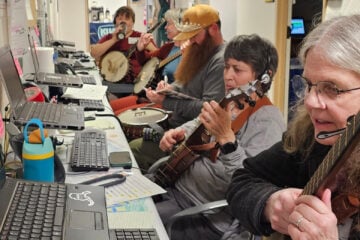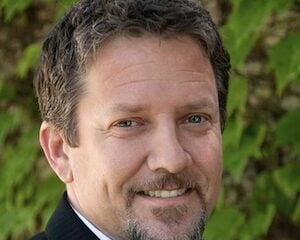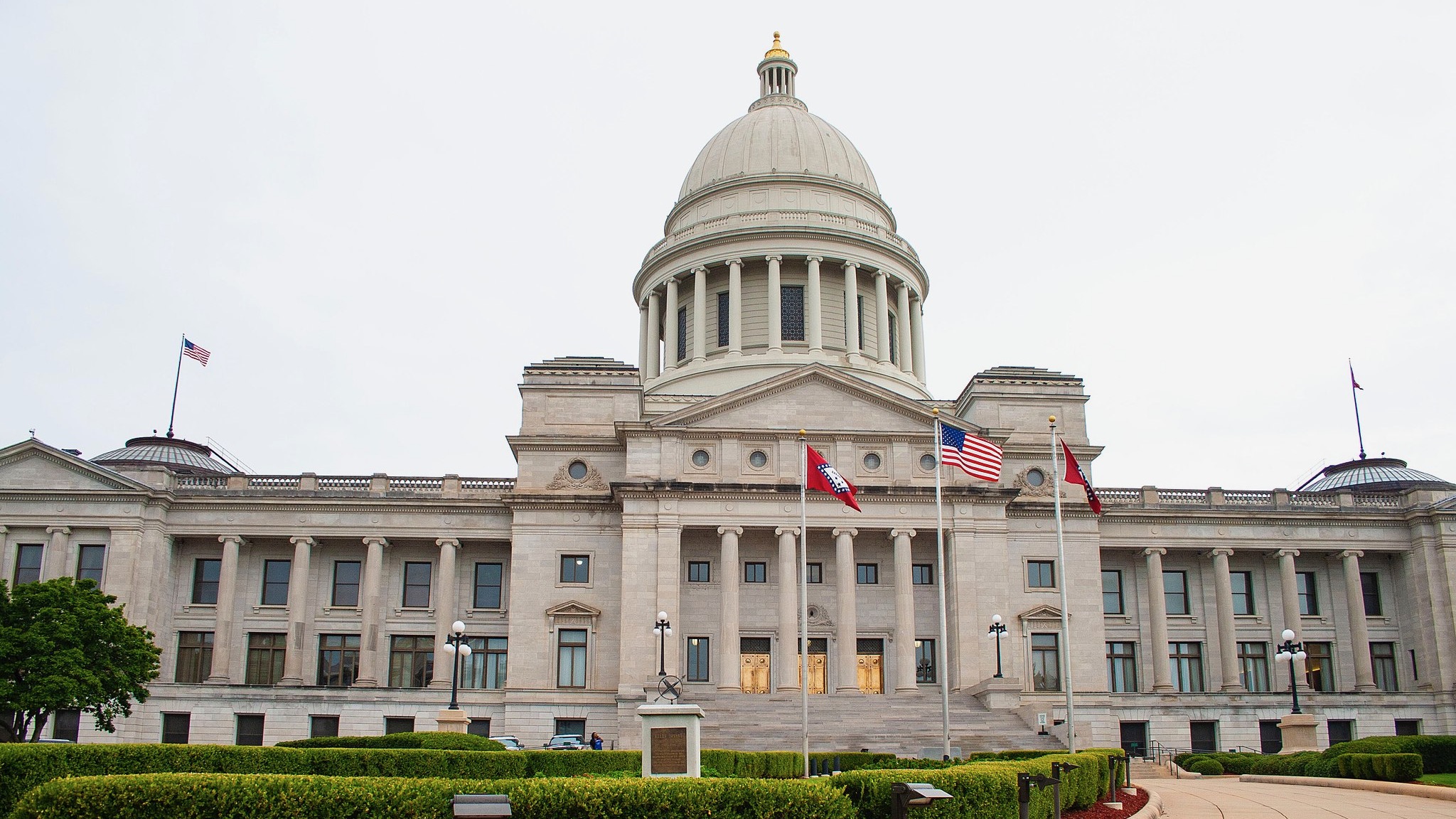New Nashville Public Television show serves up food and live music to bridge political divides

Courtesy of Todd Mayo
Musician Bill Miller performs on the eighth episode of “Ear to the Common Ground.”
Nashville Public Television aims to bridge political differences with Ear to the Common Ground, a new show that brings together musicians and their fans to discuss topics that are dividing the country.
Each of the debut season’s 12 episodes unites a musician with eight of their fans, whose views span the political spectrum. Issues they’re exploring include immigration, abortion and gun rights.
Since its launch in January, Ear to the Common Ground is airing in 61 markets on about half of all PBS stations. The show is the brainchild of Emmy Award–winning producer Todd Mayo, who produced The Caverns Sessions, formerly known as Bluegrass Underground, for PBS.
“Back in 2017 … I had the thought one night at a concert, if everyone here had a ‘T’ or an ‘H’ on their forehead for who they voted for” — Donald Trump or Hillary Clinton — “half of these people wouldn’t even talk to each other,” Mayo said. He decided to create a show “where I’m going to take one artist and a bunch of their fans and one issue … and have them talk it out and try to reach a common ground.”
Mayo said an important part of developing the show was ensuring that it features a diverse range of fans and musicians, and that all participants respected each others’ views. The fan lineups include Republicans, Democrats, moderates and independents on the panels. Mayo also highlighted the importance of featuring people with different identities and backgrounds.
“We interviewed maybe 500 people for the show, but it was important that we had people that wanted to listen and wanted to learn,” Mayo said. “We wanted to reflect the diversity of America.”
Each half-hour episode starts and ends with a performance from the host musician, who also brings a homemade dish to share with the fans. Nashville singer/songwriter Kyshona Armstrong hosted the second episode, which discussed voting rights.
During the episode, one fan, named Web, admits to the group that he has refused to vote, as a form of protest against the government. Another participant, Nozomi, argued that Americans take their rights for granted, especially when immigrants like her don’t have the same voting rights.
Nozomi and Web didn’t necessarily come to an agreement but agreed to disagree. “I may not agree with you, but I’ll stand shoulder to shoulder with you,” Web said.
“It was really awesome just to kind of be a fly on the wall, just to hear so many different perspectives,” Armstrong says in the show. “Coming to the table, being open … that can be hard for a lot of people.”
Getting through the pandemic
As the show brought together people on camera, the crew behind the scenes also enjoyed the music and food. Almost everyone on the set of Ear to the Common Ground volunteered their time. When the pilot was filmed in September 2020, amid the coronavirus pandemic, the production ran out of funds. That’s when the program’s crew stepped up, Mayo said. The featured artists also performed free of charge.
A production company donated cameras and lighting, “which was amazing, but we still had a lot of expenses,” Mayo said. He paid those costs through personal contributions and his nonprofit The Caverns, which hosts a summer camp for children to raise money for local music ventures in the Nashville area.
The show is slated to have a second season. Mayo said he would like to include themed panels on the show that feature artists and fans from particular age brackets or religious groups. But the show will stay true to its core message, he said.
“The spirit of Ear to the Common Ground is compassion,” Mayo said. “If you water contempt, it’ll grow. If you water compassion, it’ll grow.”






